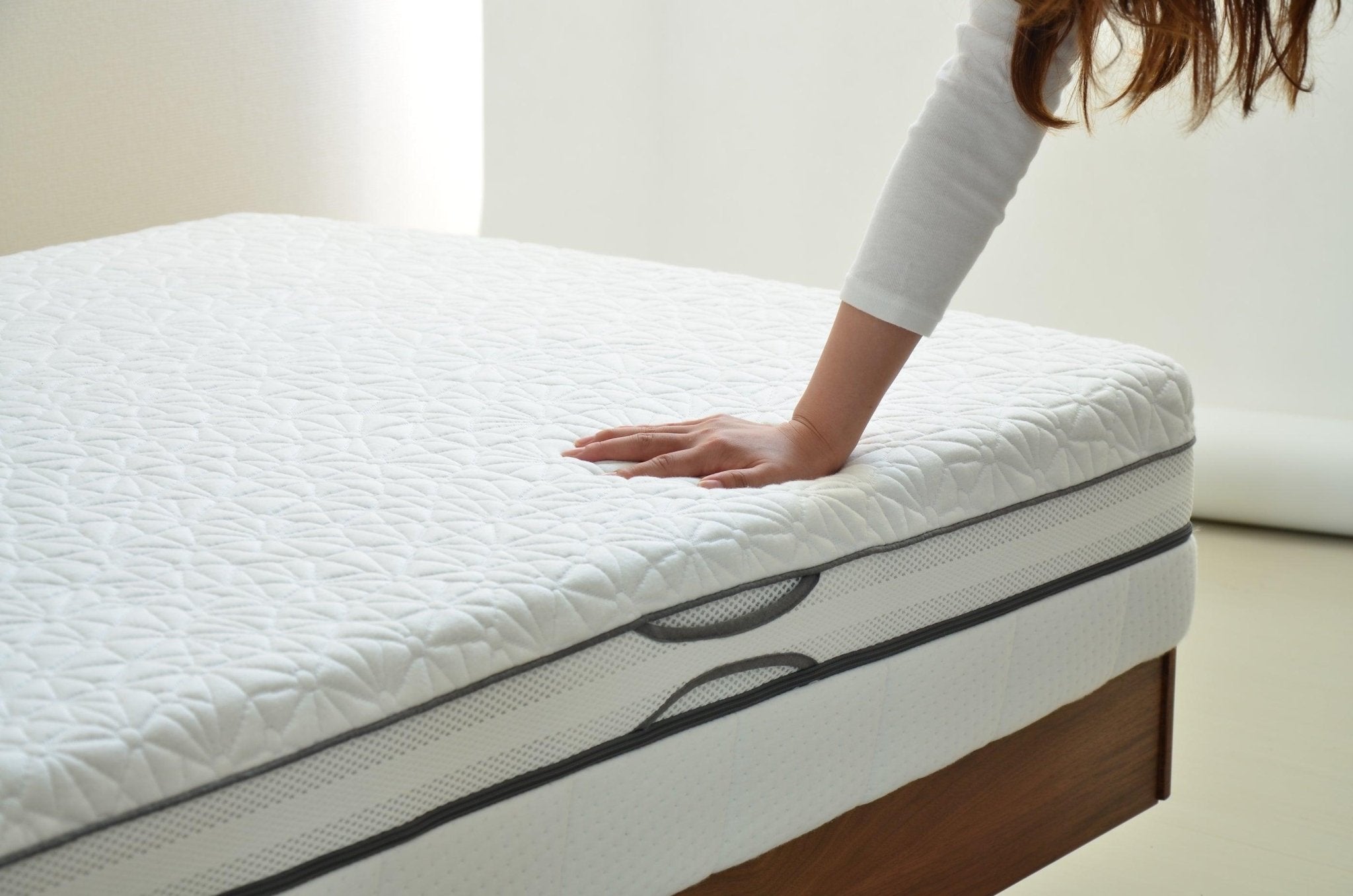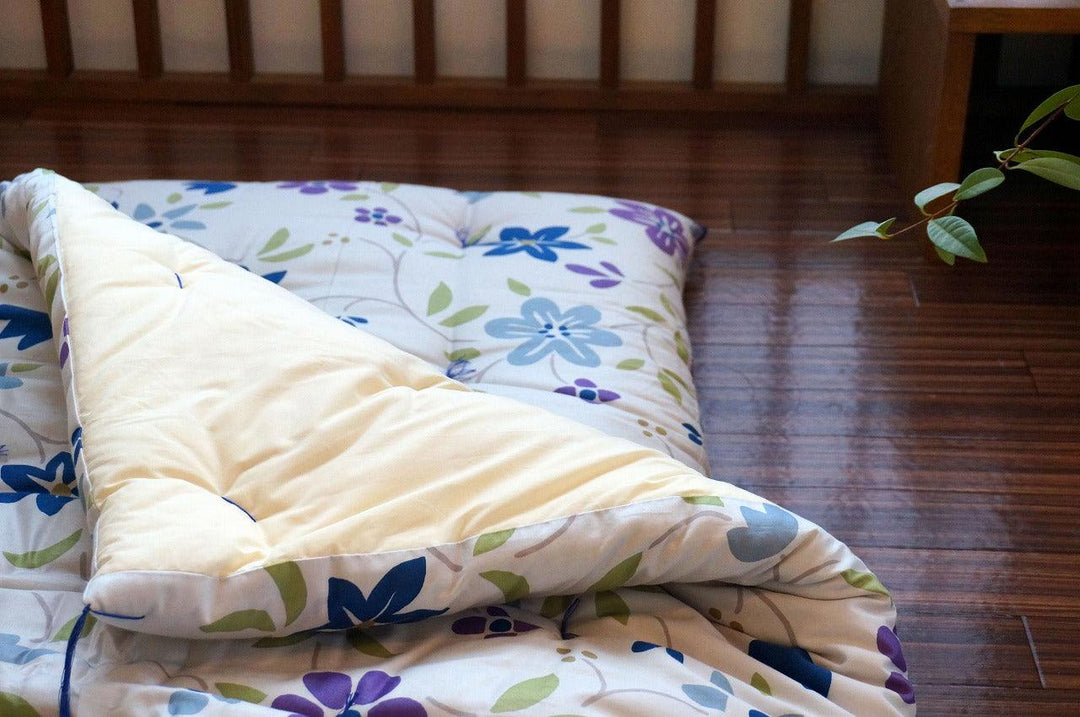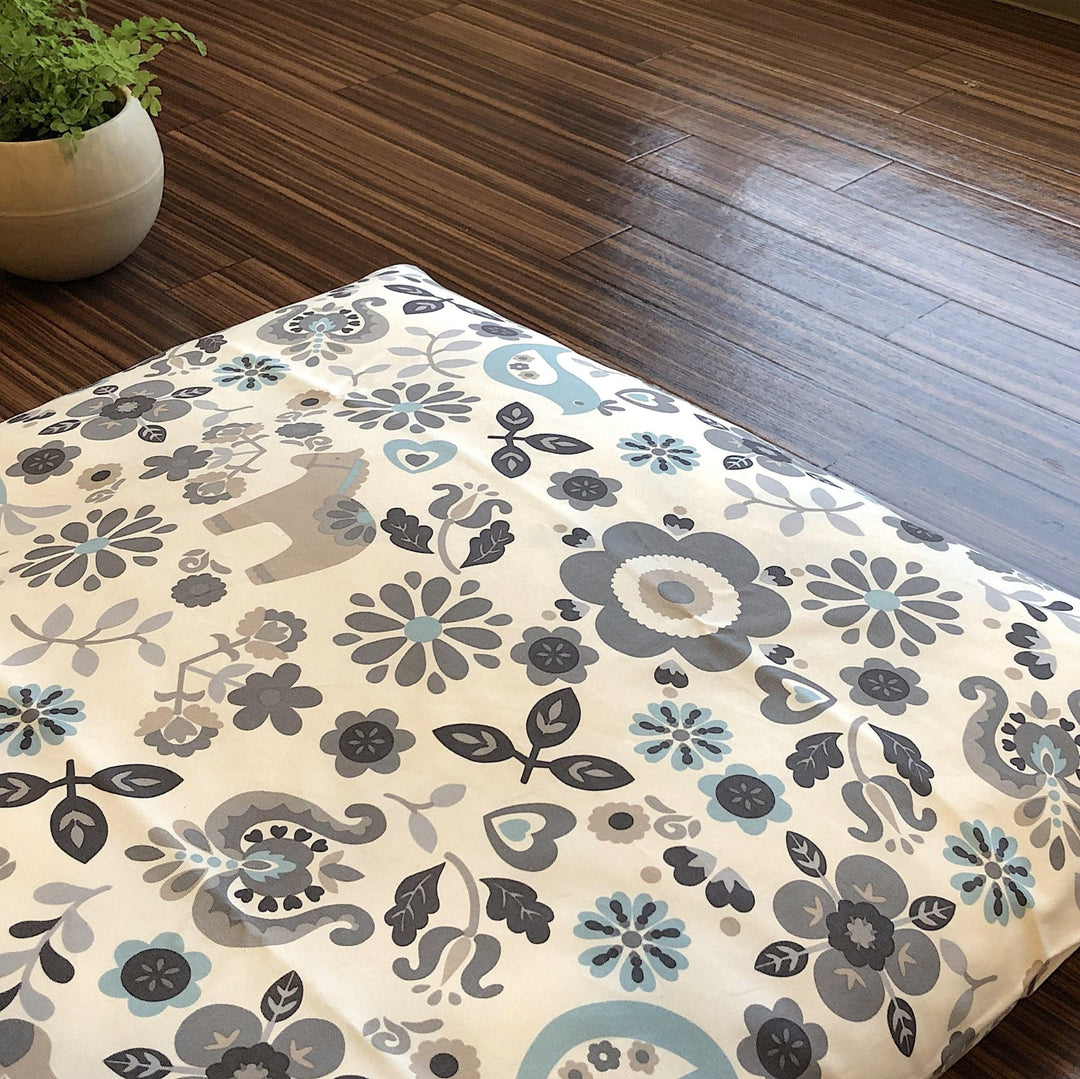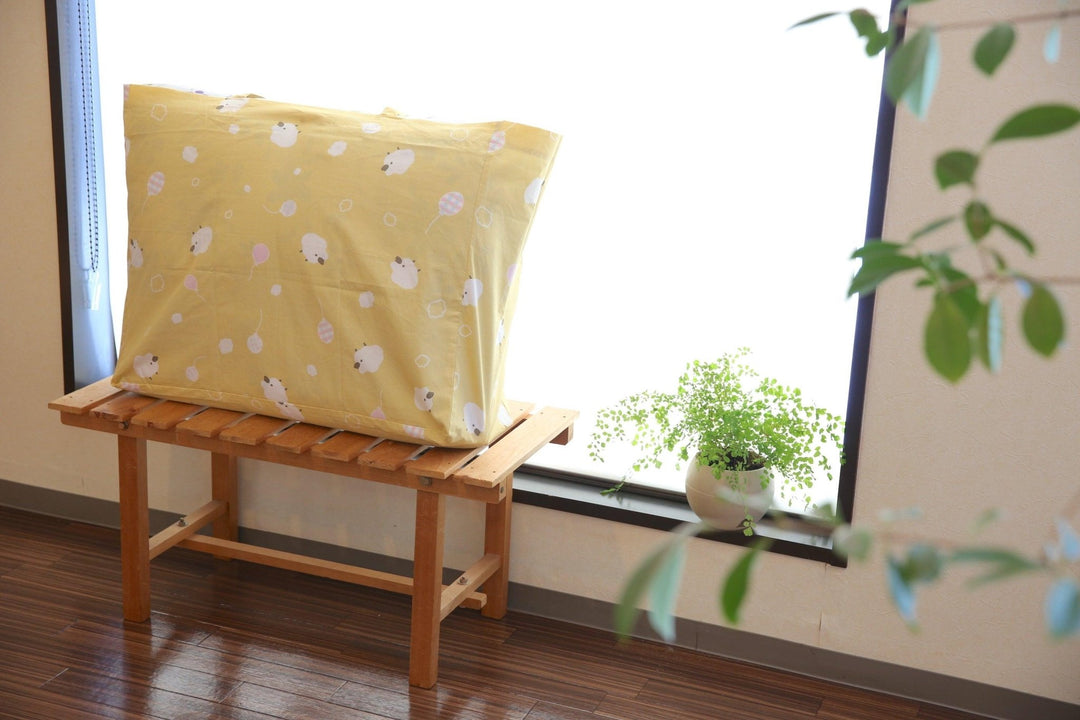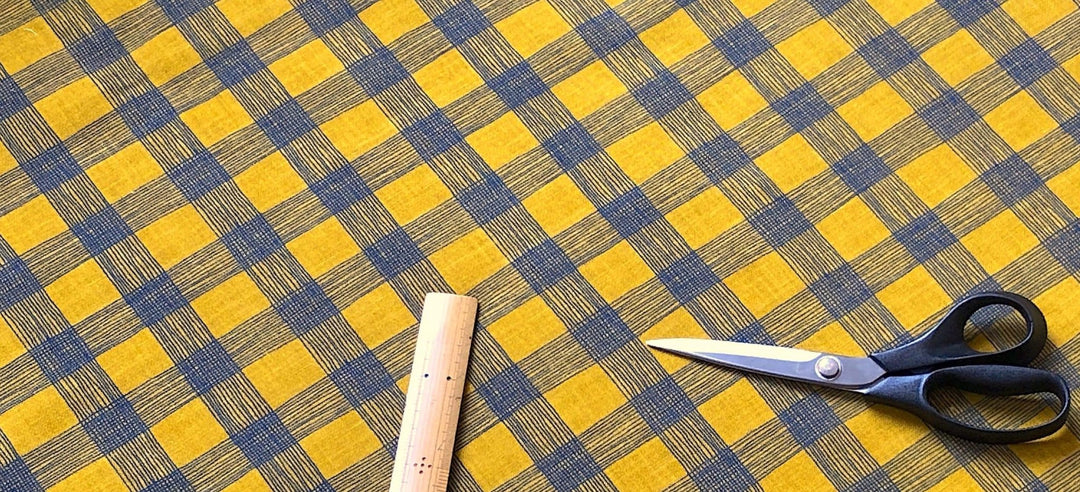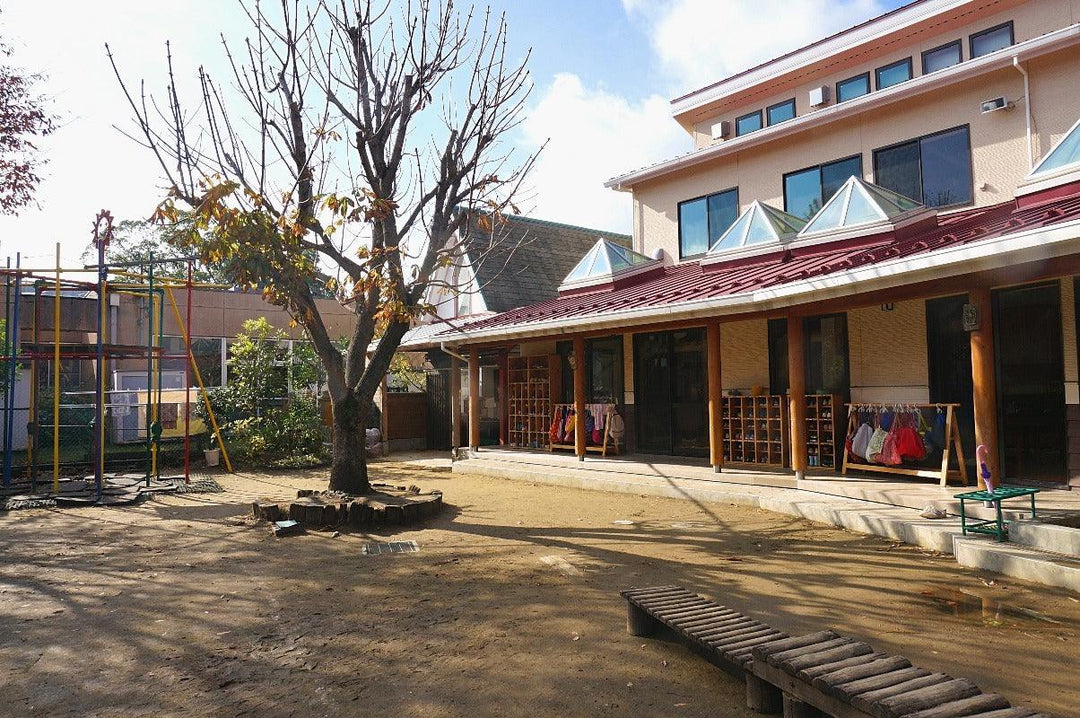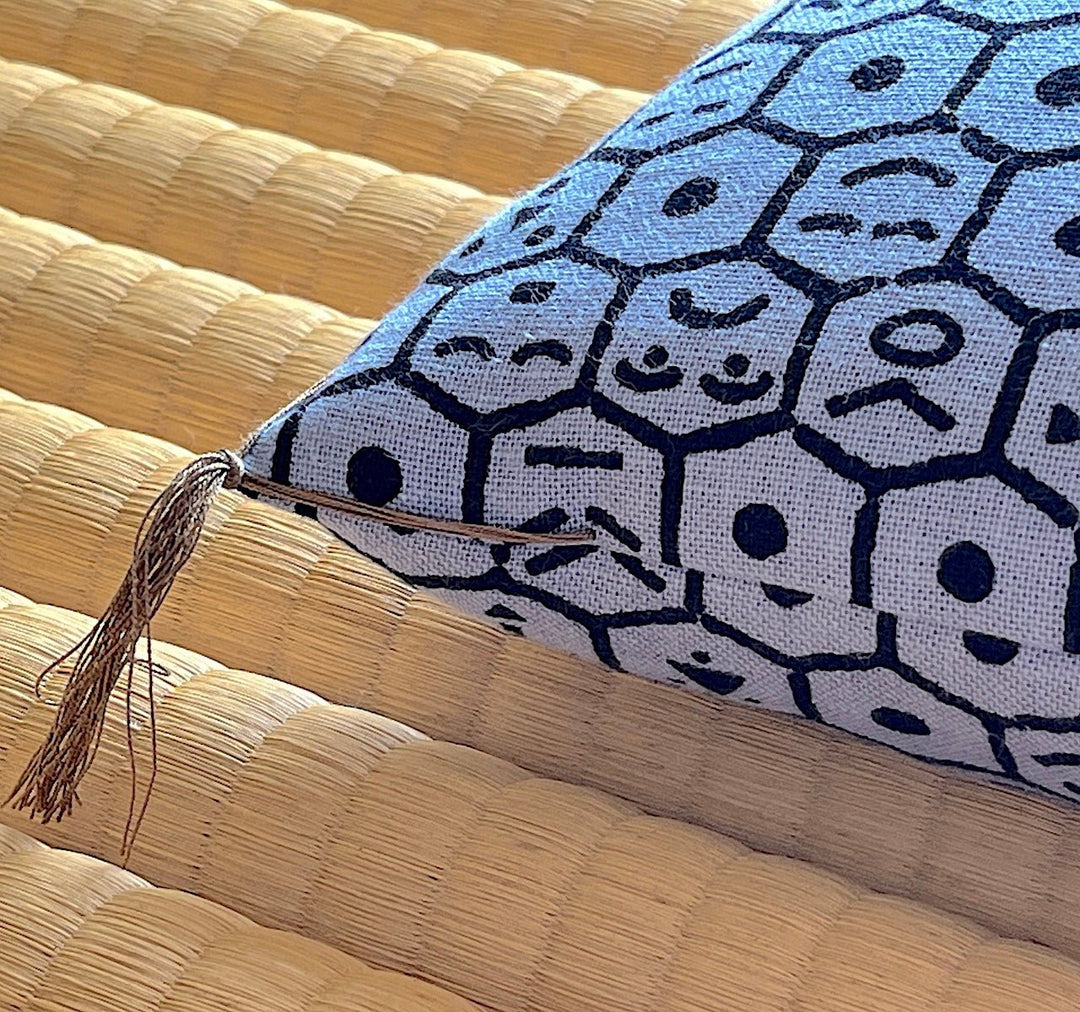Children's sleep column 2 (sleep and brain development)

Children's Sleep Secret #2
Does sleep create memories?
"Sleep and brain development"

Have you ever experienced that when you are tired, not only your body but also your mind stops working?
I'm sure you all know that sleep is closely related to your physical health and the functioning of your brain and mind.
Children in particular are easily affected by sleep, so in order to protect the health of their bodies and brains, it is extremely important to "create a sleeping environment where they can get a good night's sleep."
Why do people sleep?

We tend to think of sleep as something we do when we are tired or to rest our bodies, but it is said that sleep has a much bigger role in creating, protecting, and developing the brain.
By repeatedly replaying experiences in your mind, enhancing them and combining them with knowledge from the previous day, you solidify the knowledge into memory.
Also, it's not enough to just sleep; the amount, quality, and time of sleep are also important . By all means, we should be mindful of the amount, quality, and time of sleep to create, protect, and develop our brains.
Dreams that solidify memories
It is said that people are dreaming all the time while they are sleeping.
Until now, it was thought that we only dream during REM sleep, but recent research has shown that we dream throughout the entire sleep cycle, not just during REM sleep.
"Non-REM sleep" and "REM sleep"
During the night, people cycle through REM and non-REM sleep several times and then wake up.
What is non-REM sleep?
- Your brain is resting, but your body is working
- Have vague dreams
- It releases growth hormone
- Reduces unpleasant and sad memories
What is REM sleep?
- Your body is asleep, but your brain is active
- Have a clear dream
- I organize what I have learned in my head
Japanese children's sleep time is too short
It seems that Japanese children sleep very little compared to other countries. The same can be said for adults, with results showing that Japanese men and women sleep the least compared to other countries.
Today's children are busy with studying, cram school, playing, etc., so their sleep time tends to be cut short. Moreover, many children watch TV, play games, or watch mobile phone screens right before going to bed, which has a negative impact on the quality of their sleep.
Getting a good night's sleep is important for improving your memory

Your brain remembers what you did while you were awake while you were asleep, so it's important to get enough sleep.
By sleeping, we help our brains memorize the things we experienced during the day, such as studying or exercising, so that we don't forget them.
This is because while you sleep, your brain consolidates what you learned during the day and stores it in your memory.
Cramming the night before a test is counterproductive
Unfortunately, what you study all night before an exam is quickly forgotten once the exam is over. This is a common trap that middle and high school students fall into.
Even if you study late into the night and end up getting little sleep, cramming in a lot of information, the memory won't stick and you'll be more likely to forget it.
If you want to improve your grades, get a good night's sleep
If you cut down on your sleep and study, you will feel sleepy, your head will be fuzzy, and your brain will not work properly, so your grades will actually go down. If you get plenty of sleep, your grades will improve dramatically.
A good sleep environment for healthy brain development
So far, we have talked about sleep and brain development. What do you think?
It is clear that good quality sleep is related to the development of children's brains. To get good quality sleep, it is important to adjust the brightness, temperature, and humidity, as well as to use bedding that suits you.
For your child's healthy growth, why not choose a pillow and futon that suits their body?


